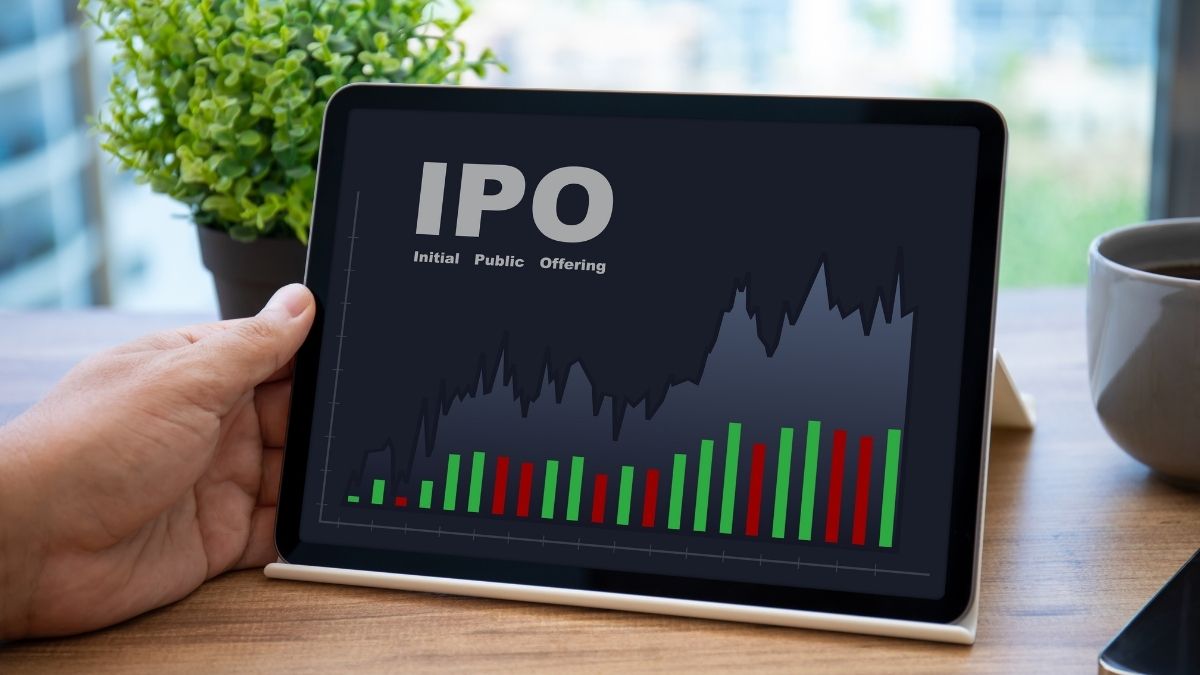The initial public offering (IPO) of Niva Bupa Health Insurance Company Limited, formerly known as Max Bupa Health Insurance, opened for subscription on Thursday, November 7, and will close on Monday, November 11. The IPO is valued at ₹2,200 crore, with a price band set between ₹70 and ₹74 per share.
The offering consists of new equity shares worth ₹800 crore and an offer-for-sale (OFS) of ₹1,400 crore from the promoters, Fettle Tone LLP and Bupa Singapore Holdings Pte Ltd. The net proceeds from the fresh issue will be used to strengthen the company’s capital base, support its solvency level, and cover general corporate expenses.
In the anchor round held on Wednesday, Niva Bupa raised ₹990 crore from investors, including Zulia Investments Pte, A91 Emerging Fund II LLP, Amansa Holdings, Morgan Stanley, Government Pension Fund Global, Fidelity, Nippon India Mutual Fund, Tata Mutual Fund, Axis Mutual Fund, and DSP Mutual Fund.
Niva Bupa IPO: Lot Size and Investor Allocation
- Lot Size: Investors can bid for a minimum of 200 shares, amounting to ₹14,000 per lot.
- Allocation: 75% of the issue is reserved for qualified institutional buyers (QIBs), 15% for non-institutional investors (NIIs), and 10% for retail investors.
Key Dates for Niva Bupa IPO
- Subscription Period: November 7 to November 11
- Allotment Finalization: November 12
- Refund Initiation: November 13
- Demat Transfer: November 13
- Listing Date: November 14
About Niva Bupa Health Insurance
Niva Bupa Health Insurance is among India’s largest standalone health insurance providers, offering a variety of health insurance products and services. Their offerings include diagnostics, annual health check-ups, digital consultations, and health education content accessible through the ‘Niva Bupa Health’ app and website. As of June 30, 2024, the company operates over 200 branches across 22 states and four union territories, insuring approximately 15 million active lives.
The book-running lead managers for the IPO are ICICI Securities, Kotak Mahindra Capital Company, Morgan Stanley India, Axis Capital, Motilal Oswal Investment Advisors, and HDFC Bank.


